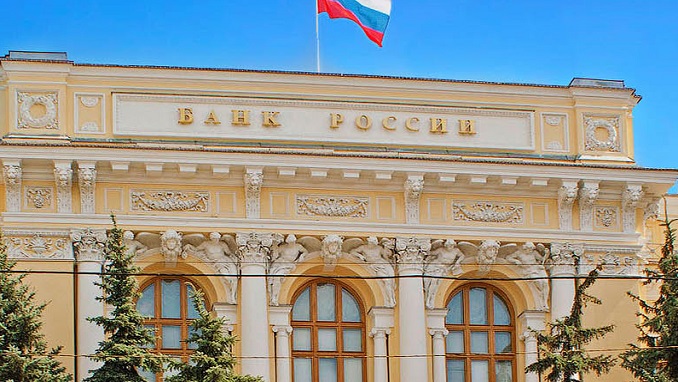The ongoing trade dispute between the United States and China is increasing the chances of this turning into a structural problem for the global economy, says the Governor of the Bank of Russia, Elvira Nabiullina, according to RBC.
The World Bank on Wednesday this month lowered its Russian economic growth forecast for 2019 from 1.2% to 1%, a fourth downward revision for the country’s economic outlook this year.
The Bank of Russia lowered its GDP (gross domestic product) growth outlook to 0.8-1.3% last month, and Nabiullina said that while global factors were weighing on the Russian economy, the domestic picture was beginning to look more positive.
“The growth in our main trade partners, China and the EU, is slowing down, so Russian export has slowed down as well, and it’s one of the main external factors that caused deceleration of the Russian economy in the first half of this year,” she said.
Speaking to CNBC at the IMF Annual Meeting in Washington D.C., Nabiullina said that if the trade war could be resolved “constructively and fast,” markets could treat the slowdown as cyclical, but any escalation posed a greater long-term risk to the global economy.
“In this case, monetary policy can do little to address structural weaknesses in the global economy,” she told the TV channel, adding that aggressive monetary policy evening could “aggravate financial risk stability issues, especially in emerging markets.”
The latest round of trade talks between the U.S. and China ended last week with the promise to begin “phase one” of a partial trade deal. However, China’s Ministry of Commerce spokesman Gao Feng said on Thursday that the U.S. must remove tariffs on Chinese goods if a final agreement is to be reached.
Nabiullina also said The Russian central bank is ready to act “more decisively” when cutting interest rates, increasing the chances the bank’s key rate will be lowered by more than 25 basis points as soon as the end of October.
The Bank of Russia has been cutting rates this year as economic growth slowed and inflation waned. A faster-than-expected decline in inflation would open the door for further reductions.












